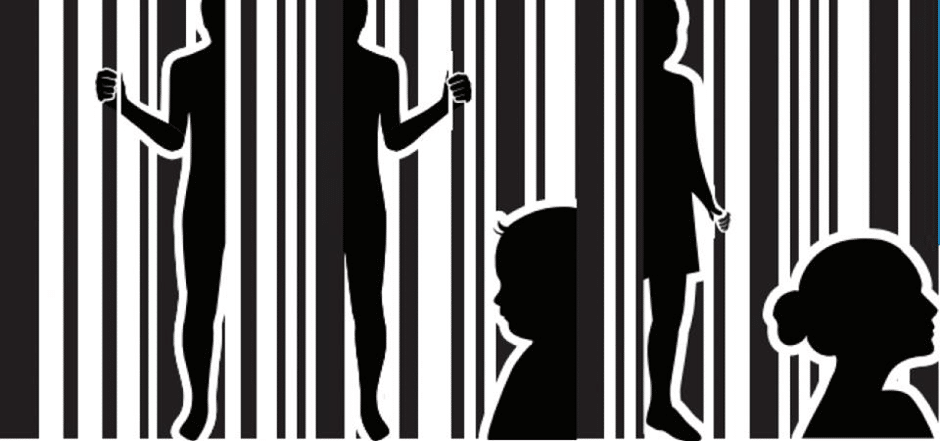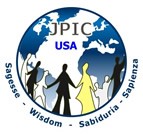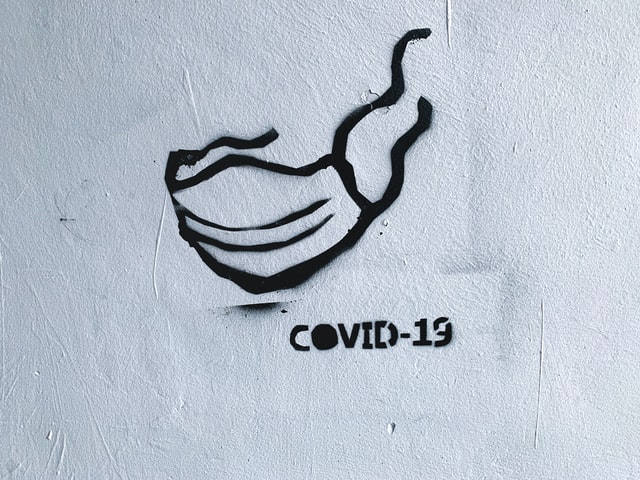
 World Day Against Trafficking in Human Persons takes place each year on July 30th. At any given time, an estimated 2.5 million people are trapped in modern-day slavery. Women, men and children fall into the hands of Traffickers both in their own countries and abroad. Every country in the world is affected by Human Trafficking, whether as a country of origin, transit, or destination for victims.
World Day Against Trafficking in Human Persons takes place each year on July 30th. At any given time, an estimated 2.5 million people are trapped in modern-day slavery. Women, men and children fall into the hands of Traffickers both in their own countries and abroad. Every country in the world is affected by Human Trafficking, whether as a country of origin, transit, or destination for victims.
 In 2000 the United Nations launched the protocol to Prevent, Suppress and Punish Trafficking in Persons, which established a victim-centered approach to Trafficking. It has since been signed by 177 countries. It is a global problem that needs a global solution, which is why this day is highlighted to raise awareness, encourage vigilance, and gain support for the prevention of Human Trafficking. It is also a day to call on governments, civil society organizations, the private sector, and our communities, to double our efforts to prevent people from being exploited, protect those who have been Trafficked, and seek justice and prosecution for the perpetrators.
In 2000 the United Nations launched the protocol to Prevent, Suppress and Punish Trafficking in Persons, which established a victim-centered approach to Trafficking. It has since been signed by 177 countries. It is a global problem that needs a global solution, which is why this day is highlighted to raise awareness, encourage vigilance, and gain support for the prevention of Human Trafficking. It is also a day to call on governments, civil society organizations, the private sector, and our communities, to double our efforts to prevent people from being exploited, protect those who have been Trafficked, and seek justice and prosecution for the perpetrators.
 COVID-19 has further highlighted the inequalities and the exploitation for people in vulnerable situations. There are many fears that COVID- 19 is making the task of identifying victims of Human Trafficking even more difficult. These persons are also more exposed to contracting the virus and less equipped to prevent it, having less access to healthcare to ensure their recovery. Essential and practical operations to support these persons have become a challenge, due to countries adjusting their priorities during the Covid-19 Pandemic. Dramatic increases in unemployment and reductions in income, especially low wages in the informal sector workers, mean that significant numbers of people who were already vulnerable find themselves in even more precarious circumstances.
COVID-19 has further highlighted the inequalities and the exploitation for people in vulnerable situations. There are many fears that COVID- 19 is making the task of identifying victims of Human Trafficking even more difficult. These persons are also more exposed to contracting the virus and less equipped to prevent it, having less access to healthcare to ensure their recovery. Essential and practical operations to support these persons have become a challenge, due to countries adjusting their priorities during the Covid-19 Pandemic. Dramatic increases in unemployment and reductions in income, especially low wages in the informal sector workers, mean that significant numbers of people who were already vulnerable find themselves in even more precarious circumstances.
Children are also at a heightened risk of exploitation, especially since school closures have not only precluded many from access to education but also from a main source of shelter and nourishment. In some countries, because of the Pandemic, more children are forced on to the streets in search of food and income, heightening their risk of infection and exploitation.
SDG Target 8.7 Take immediate and effective measures to eradicate forced labour, end modern slavery and human trafficking and secure prohibition and elimination of the worst forms of child labor, including recruitment and use of child soldiers, and by 2025 end child labor in all its forms.
JPIC : Justice Peace Integrity of Creation
As members of an International Congregation and through our Wisdom Charism we are committed to create awareness among ourselves in relation to Human Trafficking
LEARN: about Human Trafficking – both locally and globally
PRAY: for the victims of Human Trafficking that this slavery may end
BUY: ‘slave free’ products, using fair trade where possible
ADVOCATE: for regional and national legislation that protects victims, helps survivors and pursues Human Traffickers
Below you will find the prayer for the day against human trafficking.